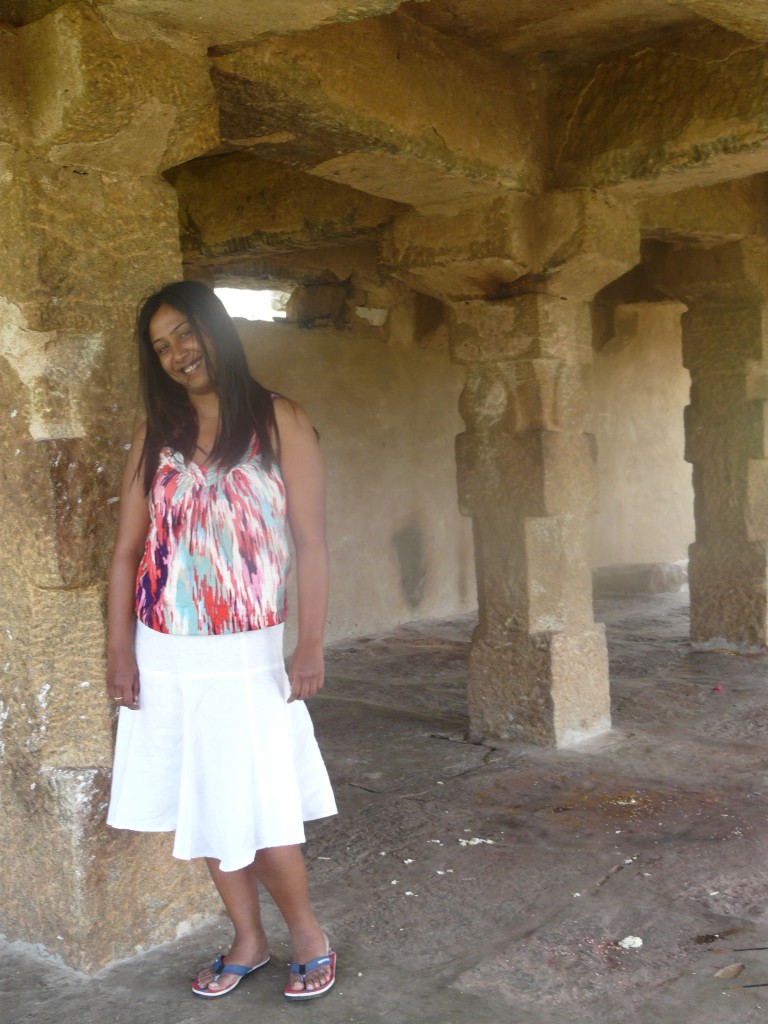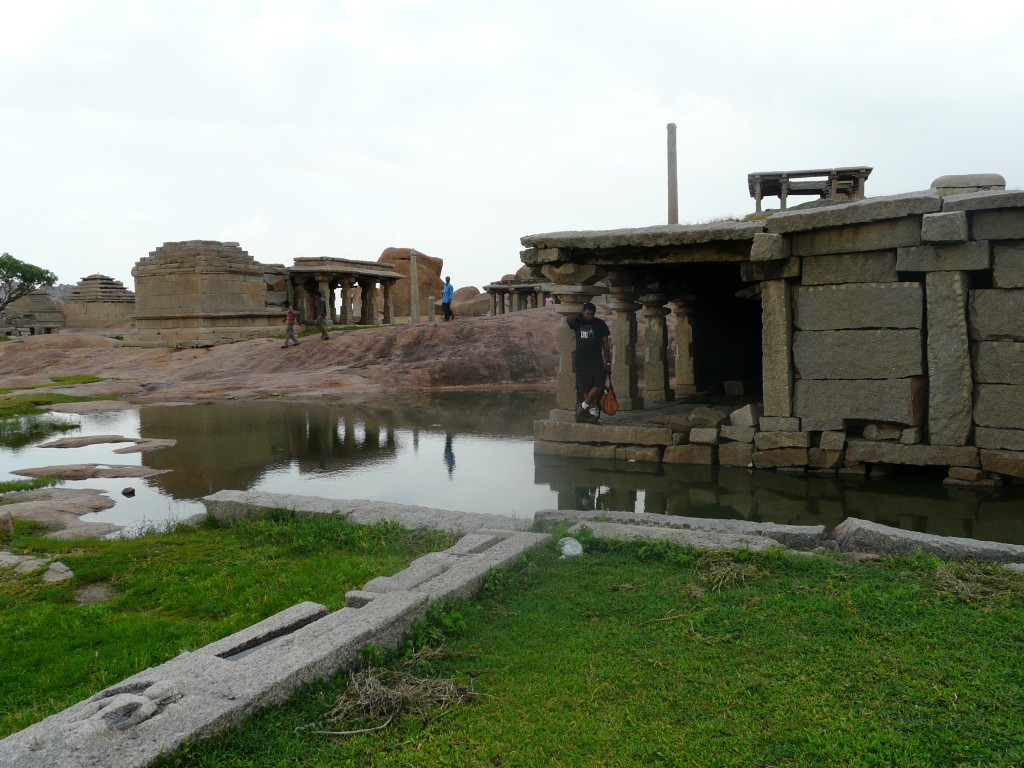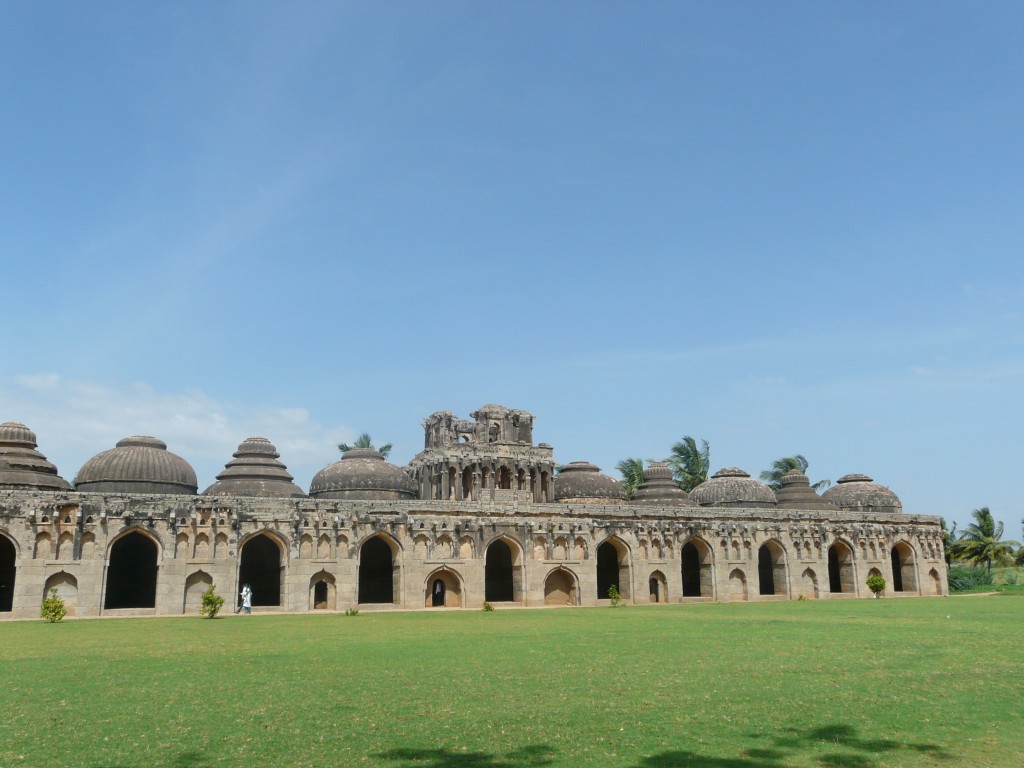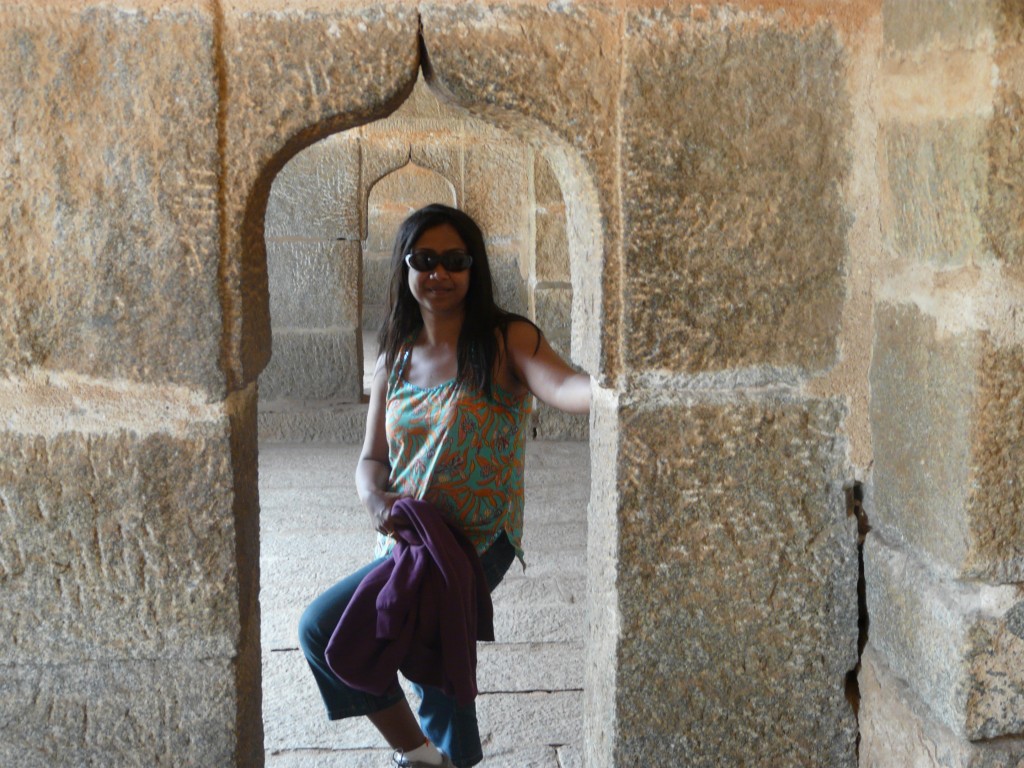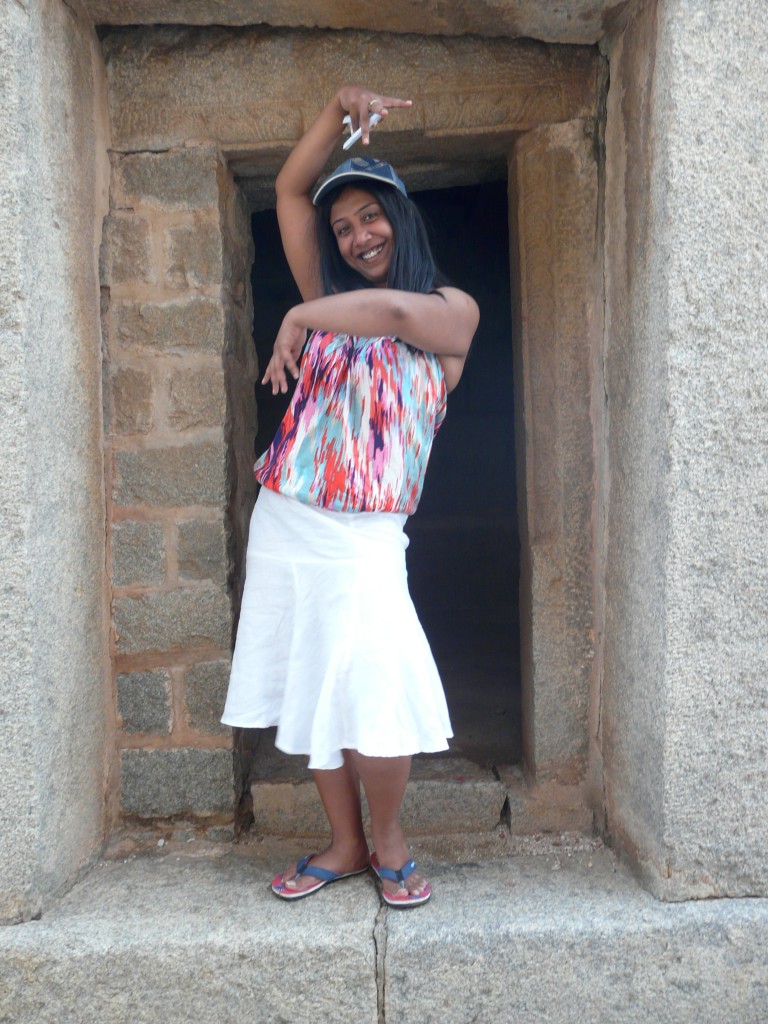When I was a child, my favorite subject is school was English. Every summer vacation when my parents would buy school text books for the coming year, I would grab the English books and immerse myself in the stories that unfolded there. While I had a never-ending supply of books from the library, it was never enough and I would always look for more words, more stories, more characters, characters from wide and varied worlds. When I had finished with my English text book, I would rummage around the piles of books in the house, looking for some unread magazine, or newspaper – something to quench my thirst of words. My poor mother would get annoyed watching me go around the house with a woebegone expression that said “my parents are torturing me and I wish summer vacation ended” (in her words). Finally, in utter despair and disgust, she gave me the school history books and asked me to shut up AND (and this was a big AND) to look happy while I did. And actually I did – I did shut up, and I was actually happy doing it. I had discovered my love for history.
I know. Most people who have met me over last decade would hardly associate history with me. I have never really shown any interest for visiting historical places, nor any interest in learning more about ancient times. Whenever we travelled, I declared that I would only travel to places of natural beauty. No old crumbling buildings, no paintings, no museums for me. I was very clear on that. And yet, you have to believe me when I say that I loved history as a kid.
I am not sure how things work now, but when I was in school, and that was a long time back, we were taught History and Civics together. We had a teacher Mrs Lipika Sen and I loved her as well. She was knowledgeable, she told us stories, and I was her favorite student. Easy to see why I loved her right? But yes, coming back to the point, history became my second-favorite subject. English was of course the first one, and that never budged from its top spot, but History came a close second. How could it not? History was also about stories right? Stories about kings and queens, about love affairs, about battles and wars, about good and evil. And stories that were true, or at least I thought were true. So I loved to read about Shivaji, about Jhansi Ki Rani…Tipu Sultan..Akbar and Jodhabhai…the Rajput and the Maratha warriors…the world war..the indian freedom struggle. Yes, I know you had to memorize dates, and periods, and things like that, but it was still so interesting to read about the stories of these people. So yes, I didn’t want to know when Tipu Sultan was born, but I liked to read about how he grew up, his friends, his love, his ambitions (it was aided by the Sanjay Khan’s serial on Tipu Sultan). I didn’t need to know the exact dates in the First World War, but I was fascinated by the politics of the situation. I didn’t know about specific periods in world history, but I loved to read about the Incas, the Aztecs, the Vikings. These were stories of love, valor, honor and betrayal, truth and deceit. How could I not like history?
To come to the present, I have not really thought about history in that context for a long time. I am not sure why. But that’s how it was. So when I decided to visit Hampi, it was a surprise even for me. R had talked about going to Hampi, but I had never really thought about it seriously. And but then yes, I decided to go to Hampi with the hubby.
If you read my travel posts, you would notice a pattern (and yes, I know it myself) – Usually, I talk about something that disappointed me about the place in the beginning, and then I move on how much I loved the place. This time is different. I liked Hampi the moment I entered the place. Let me clarify – not Hospet – Hampi. I loved Hampi as our auto moved past the dusty roads of Hospet and moved into smaller roads of Hampi. I loved it, and I have to clarify, it’s not a place that’s green – at least not very greem. See – that’s not like me – I normally hate places which are brown, hate them with a vengeance. So for me to say that I liked a place which had brown patches, was dusty, and really hot, that’s rare. That’s really rare.
How can I explain it? So I have visited other historical places before, and they have not really appealed to me. So they had good architecture, they were old, they were restored very well, and there was enough information about them. But I didn’t feel the stories there. I couldn’t imagine the lives of people living there. But Hampi was different. Maybe because it was a whole city, the capital of the Vijaynagara kingdom, that I felt the place had this sense of being lived in. It did actually feel like a civilization existed here, people lived here not just with their moments of honor and valor, but with their mundane existence, and with the small indignities of that existence. As I walked around the ruins, I could actually imagine their lives; I almost felt like they were still living in those houses, and they had just stepped away for a while, but that they would be back any moment, exclaiming in irritation at all those idiots gawking at their homes. I know some people find that spooky, but that’s what unique about the place. It’s got that lived in, but forsaken feeling to it.
We hired a bike to go around the place. The vast stretches of boulder-strewn hills were dotted further with ruins of hundreds of monuments. These included temples, royal pavilions, bridges, granaries, gateways, arches, palaces, market streets and communal baths. Each of these structures was unique, and each one told a different story. As the hubby and me walked around in the afternoon sun, we had so many observations about the structures. As we looked the granaries, we talked about how the kings stored and distributed the crop created in the year. As we gazed at the irrigation system, we talked about how intelligently it was done, and how something similar could be used to preserve water in draught hit areas now. As we walked through the bazaar streets, we talked about the other bazaars we had visited and how things were different in different parts of the world.
Suddenly, I realized why I had not thought about History for a long time. It was because the stories were no longer within me; it was because I couldn’t see those characters in front of me anymore. After school, I had visited a few odd historical/religious sites. But they had become touristy – they were infested with curio ships, there were guides shouting stories in a well-rehearsed accented voices, there was commercialization. I hadn’t been to look at the architecture without the drama and the romance that went along with it. I realized that while I could admire the stones and boulders and even the effort that went into carving them, without the pain and possibilities, without the people and their stories, without the atmosphere, without the art, it made me feel hollow. I needed the stones to be more than architecture. I needed them to show emotion, to show magnificence, to show generosity, to show a lot of heart. Then ..then History would come alive to me.
And I think that’s what was the best about my Hampi experience. It was like the past having a conversation with the future, the past bringing with it the wisdom of experience, and the future carrying bringing with it hope and curiosity. It was a stimulating conversation. The learning, the mistakes, the glories of the past conversing with the possibilities, the unpredictability and the optimism of the future. I knew that I was going back to Hampi. And I knew that I would visit other historical sites as well. And I knew that History was back as my second favorite subject.
